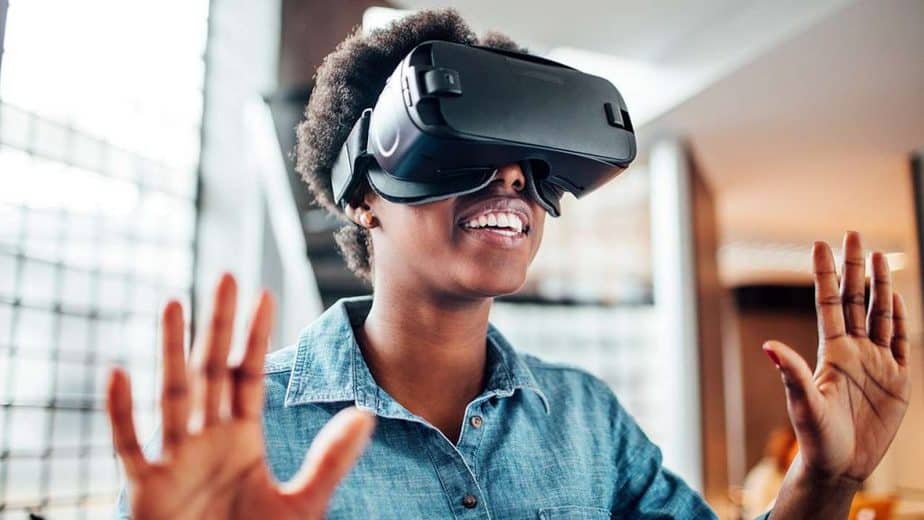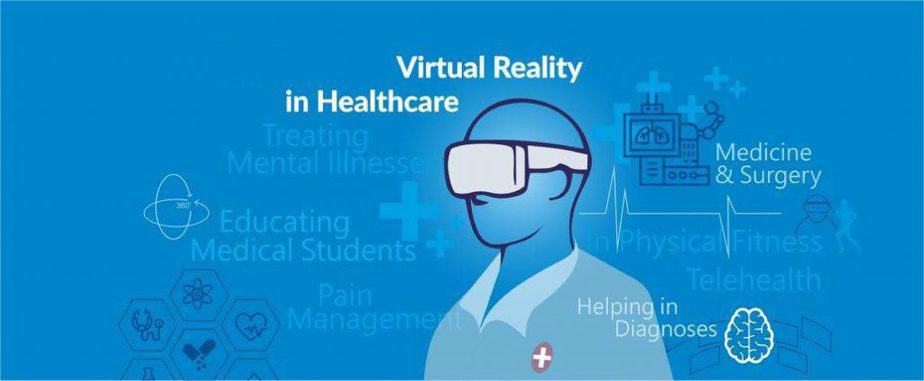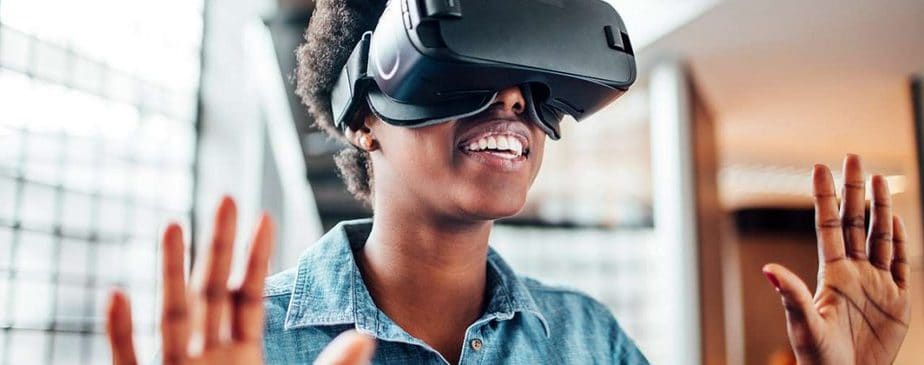
Feeding our senses a stimulus that is so similar to what we see in reality, that we interpret it as reality. In all other mediums, your consciousness is interpreting a medium to go to my site. But in VR there is no gap. You aren’t internalizing it. You are internal in it. It’s a quantum leap in mediums because the medium is disappearing.”-Chris Milk, Founder within (VRSE).
Virtual Reality (VR) is a software generated environment that is presented to the user in a way that suspends belief and makes the user accept it as a real environment.
Virtual reality is making an impact in healthcare with lots of applications still to come. Being able to transport a patient into other worlds is a revolutionary innovation in healthcare.
VR for healthcare is fundamentally different from other applications of virtual reality. Combining the knowledge of doctors, developers, and graphic designers resulted in virtual reality healthcare applications that are already showing great results.
VR aims to help patients communicate and improve their quality of life in real time or over long periods. This requires use of the technology in conjunction with medications, other kinds of therapy and treatments.
Virtual reality has the potential to help health practitioners democratize learning, enhance visualization of space and human anatomy. It lowers medical costs, decreasing trauma, and improving outcomes.
VR devices can be used for the quick capture of vital information, facilitating any interventions before procedures are conducted. Some devices that enable the creation of a virtual experience are:
- Head-mounted display
- Smart glasses
- Haptic gloves
The role of virtual reality in the healthcare industry
VR technology can benefit both patients and practitioners. Virtual reality can offer the potential for personalized treatment that does not rely solely on a clinician’s own knowledge or intuition. Some key areas in which VR can be applied in healthcare industry includes:
- Medical training
- Pain management
- Mental health & psychological therapy
- Virtual reality for children
- Dentistry
- Diagnostics

At eHealth4everyone, we are implementing virtual reality by using digital applications and mobile devices that simulate health care scenarios allowing for high fidelity and high frequency experiences in a safe virtual space.
Our virtual reality platforms in healthcare have many compelling use cases, ranging from serving as a training tool for providers to being used directly on patients to improve health outcomes.
We have created some VR use cases, one of which is the ‘eHBB’ (Electronic Helping Babies Breathe) in collaboration with the University of Washington and Oxford University. This has been piloted at Lagos University Teaching Hospital. This is a Virtual reality simulated training for Healthcare workers that equips them with the required knowledge and skill to care for newborn babies with and without danger signs. The application, which is in the form of a game, demonstrates newborn care and appropriate response to danger signs.

Reach out to us to plan your VR Healthcare strategy, we are always ready to implement digital revolution ideas to improve healthcare delivery.



